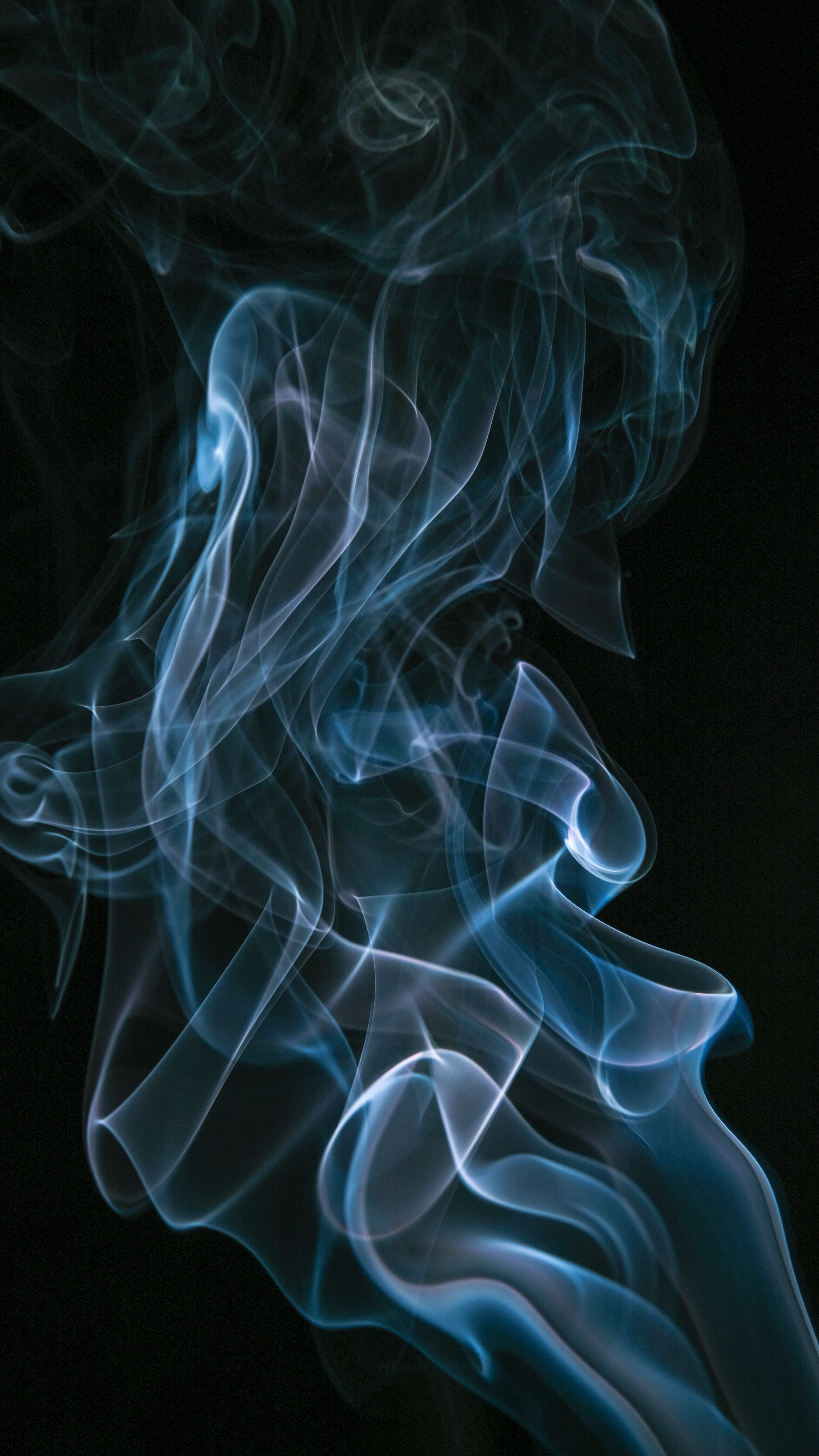文章來源: 外帶英文官網
農曆七月鬼門開,有別於西方的萬聖節,中元節是華人相當重要的民俗節日,該怎麼向外國人簡介華人餓鬼節習俗呢?如何用英文解釋鬼門開、普渡祭祀好兄弟、放水燈儀式?鬼月禁忌的英文句子有哪些?趕快來學習中元節英文,一起了解鬼節的習俗與禁忌的英文吧!

中元節英文 Hungry Ghost Festival
中元節英文有許多說法,7月15日道教徒 Taoist 稱為中元,是地官生日,為亡魂赦罪日子,故稱「中元節 Zhongyuan Festival」;佛教徒 Buddhist 在佛歡喜日供養眾僧,以功德迴向父母,稱為「盂蘭盆節 Ullambana/Yulan Festival」,盂蘭盆是梵語用來救倒懸痛苦的器物,衍生義為供養佛陀和僧侶以救苦難眾生;人們會在鬼月期間舉行中元普渡,因此中元節直譯為 Zhongyuan Pudu Festival,這個節日為讓好兄弟吃飽喝足可以稱為「Hungry Ghost Festival 餓鬼節」,另外為與西方的萬聖節 Halloween 區別,鬼節前加上 Chinese 又稱「華人鬼節 Chinese Ghost Festival」。Taoist 道教徒
Buddhist 佛教徒
Zhongyuan Festival/Zhongyuan Pudu Festival 中元節/中元普渡節
Ullambana/Yulan Festival 盂蘭盆節
Hungry Ghost Festival 餓鬼節
Chinese Ghost Festival 華人鬼節
中元節英文:中元節時間、鬼門開英文 The Gates of Hell are Unlatched
【中元節時間英文句子】
與西方萬聖節相對應,華人鬼節是在農曆七月十五日,鬼月中的標誌。2021年鬼月從陽曆八月八日鬼門開到九月六日鬼門關。
The counterpart of Halloween in the West, the Chinese Ghost Festival, falls on the 15th day of the 7th month of the lunar calendar, the halfway mark of Ghost Month. For 2021, the ghost month starts from August 8 to September 6 of the solar calendar when the gates of hell open and close.
counterpart 名詞 n. 對應的人(或物)、配對物
lunar calendar 陰曆、農曆; solar calendar 陽曆
the gate of hell/ the gate to Underworld 鬼門;Underworld 陰間、地獄
有些靈魂還沒有轉世,必須在這個世界上流浪。為了安撫這些無家可歸的鬼魂,並擔心自己的祖先可能會孤獨無助地漂泊,中國人傳統上會在農曆七月十五日舉行盛大的宗教儀式。
Some souls have not reincarnated yet and must wander in this world. To propitiate these homeless ghosts, and fearing that their own ancestors may be drifting lonely and uncared for, the Chinese traditionally hold a grand religious ceremony on July 15 by the lunar calendar.
reincarnate 動詞 v. 使轉世
wander 動詞 v. 漫遊、流浪;孤魂野鬼 wandering soul/ghost
propitiate 動詞 v. 撫慰
ancestor 名詞 n. 祖先
【鬼門開英文句子】
中元節從農曆七月初一開始。陰間大門在每年農曆七月初一破曉時開啟,讓孤魂野鬼到陽間享受人們的供祭。
The Ghost Festival begins on the first day of the 7th lunar month. The gates of hell are unlatched at daybreak on lunar July 1 every year, allowing condemned souls to visit their old homes and to partake of food in the real world.
latch 動詞 v. 閂上;名詞 n. 門閂
condemn 動詞 v. 責難、宣告有罪
partake 動詞 v. 【書】分享、參與 to partake in sth.【口】吃光、喝光
【鬼門關英文句子】
中元節在農曆七月三十日結束,鬼魂必須在關門之前返回陰間。虔誠的道教徒和佛教徒相信,在一年中的這個時候,地獄之門會打開整整一個月,讓餓鬼在人間漫遊,尋找食物、金錢、娛樂和靈魂。
The Ghost Festival ends on lunar July 30, and the ghosts must return to hell before the gate closes. It is believed by devout Taoists and Buddhists that during this time of year the gates of hell are opened for a full month for hungry ghosts to roam the world of the living in search of food, money, entertainment, and possibly souls.
devout 形容詞 adj. 虔誠的
roam 動詞v. 漫遊、流浪

中元節英文:好兄弟英文 Who are these Hungry Ghosts?
雖然祭祀神靈的節日很多,但中元節的特殊之處在於,它也祭祀無家可歸的孤魂。 作出於敬畏,人們用「好兄弟」尊稱這些孤魂野鬼,以免冒犯他們。
While there are many festivals that pay respects to different deities and spirits, the Ghost Festival is special in that it also pays respect to spirits without any family. As a sign of respect, the term "Good Brothers", as opposed to "ghosts," are considered preferable when referring to lost souls to avoid offending them.
deity 名詞 n. 神
spirit 名詞 n. 靈魂、幽靈
人們認為餓鬼是不得善終的靈魂,或者他們一生中犯下惡孽。所以當這些餓鬼每年從陰間釋放一個月時,他們會以不快樂、不滿、餓鬼的形式回來,在人間尋求滿足。
It is thought that hungry ghosts are the souls of individuals who have experienced an unpleasant or violent death, or who committed evil deeds during their lifetime. So, when these souls are annually released from the underworld for a month, they come back as unhappy, dissatisfied, hungry ghosts looking for fulfillment in the land of the living.
commit 動詞 v. 犯 (罪)
dissatisfied 形容詞 adj. 不滿意的
fulfillment 名詞 n. 實現
中元節英文:如何祭拜 How To Celebrate?
【祭拜時間英文句子】
普渡好兄弟,應避開陽氣最盛的正中午,並趕在太陽下山以前,大約是下午兩點至晚間七點。祭拜地點可選擇於室外或是大樓門口,應避免於室內或陽台祭拜。普渡後盡快收拾供品及桌椅,意在不要留客人。
The best time for inviting "Good Brothers" to feast should be around 2 p.m. to 7 p.m. before sunset, avoiding noon when the sun is the strongest. The place for tribute can be outdoors or at the entrance of the building. Indoors or balconies should be avoided. Pack the offerings, tables and chairs as soon as possible after tributes, meaning “not to keep guests”.
tribute/offering 名詞 n. 祭品、供品
balcony 名詞 n. 陽臺
【祭拜供品英文句子】
人們燒香並用供品祈求保護。供品包括水果、各種菜餚、饅頭、米飯、湯、汽水、鮮花、泡麵、元寶,但忌拜吃過或已開封的食物。普渡時也擺放盥洗用品(臉盆備水、毛巾、牙刷和牙膏),讓好兄弟們可以潔身。人們也會燒紙錢,認為這種紙焚燒後是給鬼用的。
People burn incense and ask for protection with the offerings. The offerings include fruits, various dishes, steamed buns, rice, soup, soft drinks, flowers, instant noodles, sycee; yet, do not worship food that has been eaten or opened. It is also expected to provide spirits with a basin filled with water, towel, toothbrush, and toothpaste to allow the spirits to clean themselves. Joss paper is also burned as people believe that this paper money is used by ghosts after burning.
incense 名詞 n. 焚香;動詞 v. 對……焚香;向……敬香
sycee/ silver or gold ingots 名詞 n. 元寶/銀或金錠
worship 動詞 v. 拜神、禮拜
gold joss paper/ghost money/paper money 名詞 n. 金紙
中元節英文:放水燈 Water Lanterns
放水燈是另一種鬼節習俗,旨在引導無家可歸的孤魂轉世,並拯救人們免於溺水。這些燈籠被放在水中點燃,才會被推遠。水燈漂浮得愈遠,施主愈得庇佑。
The release of water lanterns is another Ghost Festival custom. They are intended to guide homeless spirits to reincarnation and save people from drowning. These lanterns are placed in the water and lit on fire before they get pushed further. The further they float, the more blessings the one who offered the tribute will receive.
release water lantern 放水燈
reincarnation 名詞 n. 轉世、輪迴說
drown 動詞 v.淹死
float 動詞 v. 漂浮

中元節英文:鬼月禁忌 Don't provoke Good Brothers!
鬼月因怕不吉利,有很多忌諱,也許有些信仰是迷信的,但有時候寧可信其有,尊重另一世界靈魂的存在,千萬別招惹好兄弟!
There are many taboos to abide by during the ghost month in fear that it may be inauspicious, perhaps some beliefs are superstitious, but sometimes you'd rather believe it to be true than not, and respect the existence of spirits in another world. Don't provoke Good Brothers!
taboo 名詞 n. 禁忌
abide 動詞 v. 遵守、服從
inauspicious 形容詞 adj.不吉的、惡運的;auspicious 形容詞 adj.吉利的
belief 名詞 n. 信仰、信念
superstitious 形容詞 adj. 迷信的
existence 名詞 n. 存在
provoke 動詞 v. 挑釁、煽動、激怒
【十個常見鬼月禁忌英文句子】
- Postpone moving into a new house 延後搬進新屋
- Avoid going out after midnight 避免在午夜後外出
- Avoid any weddings or childbirths 避免任何婚禮或分娩
- Don’t swim in lakes, rivers, or in the ocean 不要在湖泊、河流或海洋中游泳
- Don't whistle, take pictures nor hang clothes outside at night 晚上不要吹口哨、拍照,不要在外面掛衣服
- Don't pick up money found on street 不要在街上撿錢
- Don't share items with Good Brothers 不要與好兄弟分享物品
- Don't take the last bus or train ride 不要坐末班車或火車
- Don’t buy puppets, sculptures, or dolls 不要買木偶、雕塑或玩偶
- Don't place shoes facing the bed 鞋子不要對著床
以上是今天分享鬼月相關習俗與禁忌的中元節英文,其實只要保持虔誠的心,好好款待好兄弟,相信另一個世界的他們一定能感受到我們祝願!
喜歡我的文章,或覺得對你有點幫助的話,請幫我在下方按讚並分享出去,您的支持是創作的原動力,也歡迎追蹤 外帶英文官網、FB或 IG,感謝大家的支持😊 如果有任何想要學習的英文主題,歡迎留言給我喔😉
看完這篇意猶未盡,還可以看其他節慶英文介紹喔~
【情人節英文】表達情感、形容愛人、撩人金句英文怎麼說?慶祝父親節!活用9種【父親英文片語】探索各種父親形象
【端午節英文】必學「3大習俗、6大物品」單字大補帖!划龍舟不再說 Row Dragon Boat!【 元宵節 英文】必學的「4大活動」燈會、平溪天燈、台南鹽水蜂炮、台東炸邯鄲,英文怎麼說?【 元宵節英文 】必學的「3大習俗」吃湯圓、鬧花燈、猜燈謎,英文說法你瞭解多少?牛年活用 6 個最「牛」的英文片語牛年 英文別說 Cow ! 牛年 英文祝賀詞懶人包一次上手


























